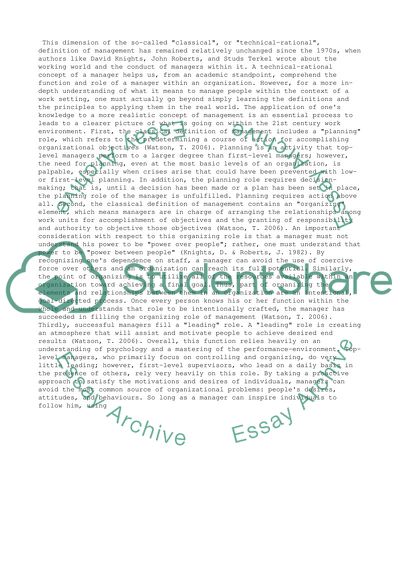Cite this document
(“Management Essay Example | Topics and Well Written Essays - 1000 words - 2”, n.d.)
Retrieved from https://studentshare.org/management/1429756-write-an-essay-in-which-you-summarise-the
Retrieved from https://studentshare.org/management/1429756-write-an-essay-in-which-you-summarise-the
(Management Essay Example | Topics and Well Written Essays - 1000 Words - 2)
https://studentshare.org/management/1429756-write-an-essay-in-which-you-summarise-the.
https://studentshare.org/management/1429756-write-an-essay-in-which-you-summarise-the.
“Management Essay Example | Topics and Well Written Essays - 1000 Words - 2”, n.d. https://studentshare.org/management/1429756-write-an-essay-in-which-you-summarise-the.


